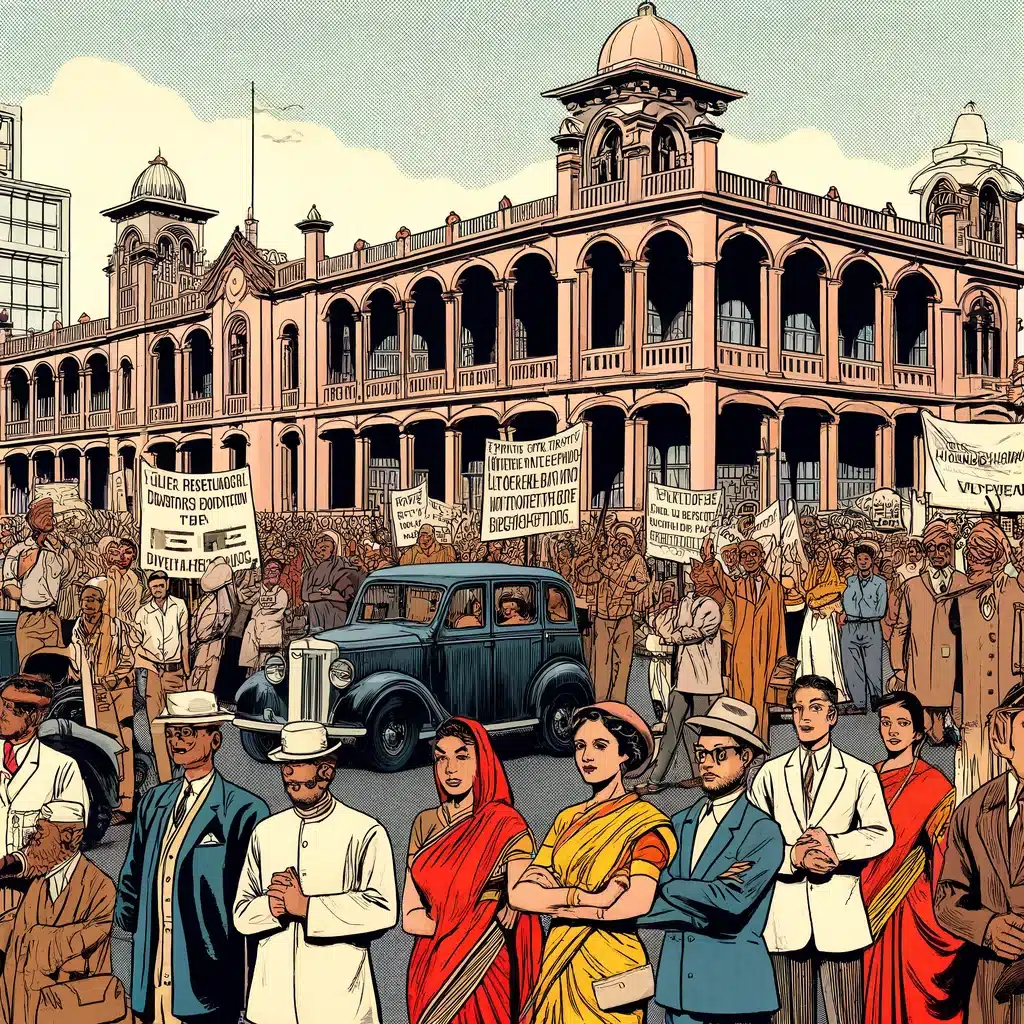Oct 20, 2020 07:29 UTC
| Updated:
Oct 20, 2020 at 07:29 UTC
Case study: Commissioner of Income-Tax, Bombay v. Gomedalli Lakshminarayan
Citation: 1935 Indlaw MUM 7, [1935] 3 ITR 367
Date of Judgement: 28th March, 1935
Bench: Sir John William Fisher Beaumont (CJ), Rangnekar (J)
Facts:
Respondent was a member of Hindu Joint Family consisting of his father, mother, himself and his wife. His father died in 1929 before the year of assessment, so the Joint Hindu Family then consisted of him, his mother and his wife and the property then devolves on to him (sole surviving male member of the Hindu Undivided Family, by rights of survivorship).
Issues:
- Whether the income received by the right of survivorship by the sole surviving male member of a Hindu undivided family can be taxed in hands of such male members as his own individual income, or it should be taxed as the income of a Hindu undivided family, for the purposes of assessment to super-tax, under section 55, Income Tax Act, 1922?
A Hindu Undivided Family (HUF) is taxed as a unit, so individual members are not taxed as to what they receive as share out of joint income; this has been established u/s 14 (1) of Income Tax Act, 1922.
Super- tax in reference to a joint family has been given a liberal approach as whole income of the family would not go to one individual. In case of large number of male members, it would be difficult to charge the family with super- tax as each male member would get a small portion of the income. In case of one male member and several female members in a Hindu Joint Family same principle would apply as a large portion of family income is consumed in maintenance.
In Vedathanni v. Commissioner of Income Tax, Madras, also Madras High Court observed that one male member and the widows of deceased coparceners can form a joint Hindu family, and that therefore arrears of maintenance received by a widow of a deceased coparcencer are exempt from tax u/s. 14(1) of the Act.
- What is the difference between “Hindu Undivided Family” and “Hindu Coparcenary”?
“Hindu undivided family” is a wider term then the “Hindu Coparcenary” as the former includes females, and is much wider than the later one which includes only the males in whom the joint family property is vested.
Mayne in his work also observed the difference between these terms,
“The whole body of such a family, consisting of males and females …….. some of the members of which are coparceners, that is, persons who on partition would be entitled to demand a share, while others are only entitled to maintenance.”
Sir Dinshah Mullah in his Principles of Hindu Law, Edn. 7, at p. 230, somewhat tries to define joint Hindu family as,
“A joint Hindu family consists of all persons lineally descended from a common ancestor, and includes their wives and unmarried daughters.”
Therefore, because there is no coparcenary, it does not follow that there is no undivided Hindu family. The joint status of the family does not come to an end merely because for the time being there is only one member of the family who is in possession of the family property. It is clear therefore that there is a sharp distinction between what is understood in the Hindu law by the expression “undivided Hindu family” and “coparcenary.”
Judgement:
The court held that the income of the assessee should be taxed as the income of a Hindu undivided family for the purposes of super-tax u/s. 55 of Income Tax Act, 1922.



































